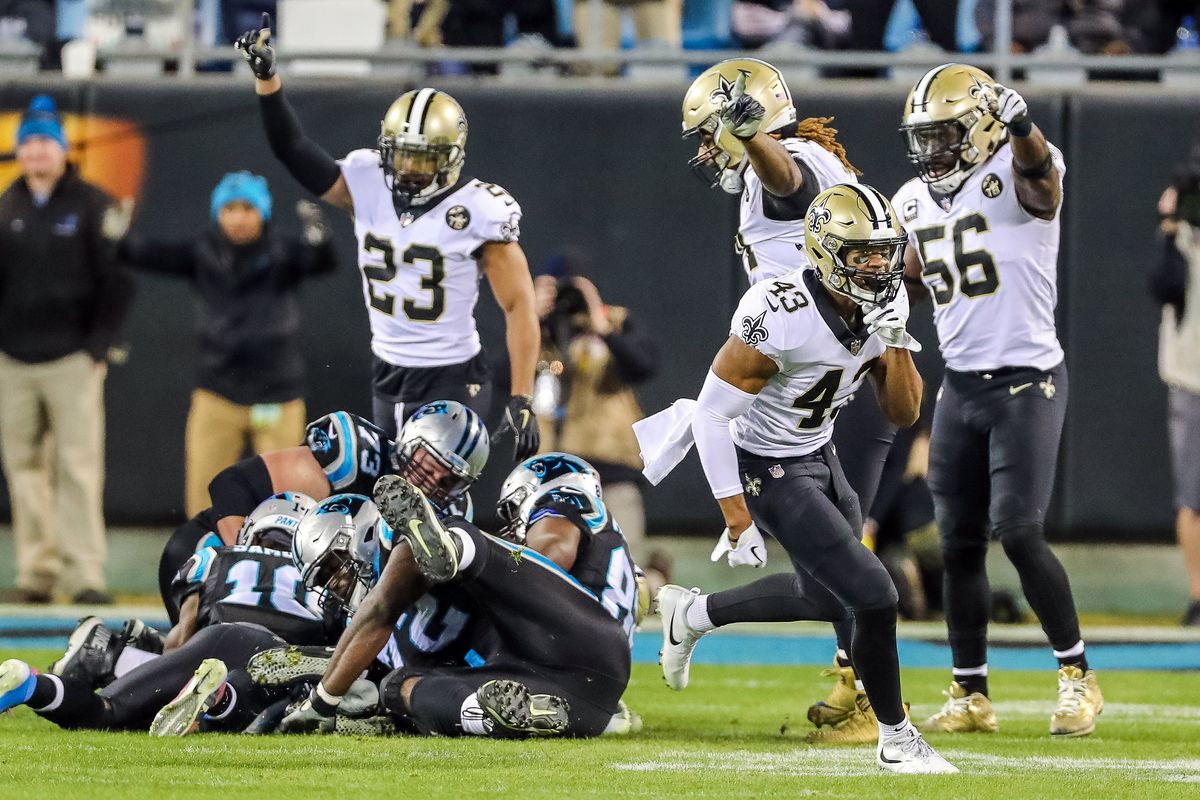If you’re like the majority of Americans, you’ve made a few resolutions about how you can make this year better than the last one. If you’re really basic, then your resolutions are health or money related. The vast majority of us make resolutions, but only a few of us will actually keep them. In fact, studies show that only 8% of people who make New Year’s Resolutions will end up following through.
Since one of my goals this year is to help others be better, let me share 3 simple tips that will help you become one of the 8%.
Count the cost, then pay it
I’d say this could be the number one reason why most of us don’t keep the promises that we make to ourselves. We simply don’t consider what it will take and so the first time it seems harder than we expected, we stop. A simple fix to this would be to count the cost and only pursue the changes that you’re committed to no matter what it costs.
If the only time you can go to the gym is before the sun rises but you aren’t willing to get up in the dark, then you can talk about going to the gym 4 times a week, but the likelihood that you’ll make it there is slim. Not impossible, but when you really count the cost, it isn’t that realistic. A more realistic fitness goal might be to walk 4 times a week during the day 
The point here is that resolutions are often like house buying – we waste a lot of time looking at homes we’d never be able to afford instead of the ones we can. As a result, we end up staying in the house we already own even though we don’t really like it. This year, set a realistic goal with a price tag that you can afford to pay and are willing to pay and then do the work to make it happen.
[Tweet “Set a realistic goal with a price tag that you’re willing to pay and then do the work to make it happen.”]
Start where you are, not where you wish you were
It might seem trite, but the biggest part of keeping that resolution you made is probably actually starting. But a lot of us start. Most of us will go to the gym at least once, eat at least one healthier meal, save at least a little bit more money. Starting isn’t the issue; the issue is continuing. In fact, studies have been done to show that most Americans don’t continue keeping their resolutions past January 12.
You read that right. 12 days. That’s how long most of our resolutions last.
Let me give you a tip to help you extend past that date: don’t try to do immediately what you haven’t been doing consistently. Too many times we want to start a new habit at a level that it could take years to achieve, and that’s a recipe for disaster. If you don’t read a lot now but want to read more in the new year, then don’t start trying to make up for all lost reading on January 1. You’d be better off reading 15 minutes than trying to read for an evening. So often we treat resolutions as a vehicle to make up for lost time, but resolutions are about improving the future you, not about erasing the past you. Start where you are, not where you wish you were.
[Tweet “Start where you are, not where you wish you were.”]
No matter how far you can go alone, you can go farther with others
I’m not going to argue against what each of us can accomplish on our own. In fact, if you’re going to be in the 8% who keep their resolutions, I can guarantee you that there will be lonely times when it will just be you and the goal and you’re going to have to find the motivation to keep going.
But at some point you’re going to need others who are cheering for you and who are holding you accountable. Trust me, it’s a lot easier to say no to an early morning run by yourself than to a friend who is already up and waiting for you to join him or her on that run. One of my favorite passages in the Bible says it like this:
Two are better than one,
Ecclesiastes 4:9-12
because they have a good return for their labor:
If either of them falls down,
one can help the other up.
But pity anyone who falls
and has no one to help them up.
Also, if two lie down together, they will keep warm.
But how can one keep warm alone?
1Though one may be overpowered,
two can defend themselves.
A cord of three strands is not quickly broken.
If you want to move away from the 80% of people who don’t keep their resolutions and move toward the 8% who do, then learn how to surround yourself with people who will help you up when you fall down instead of people who will kick you when you fall down. When you do, you’ll find a level of success you never knew was possible. Are relationships tricky? Can people sometimes make you just want to go it alone? Of course. But no matter how far you can go alone, you can go farther with others.
[Tweet “Surround yourself with people who will help you up when you fall down.”]
[/et_pb_text][/et_pb_column] [/et_pb_row] [/et_pb_section]











